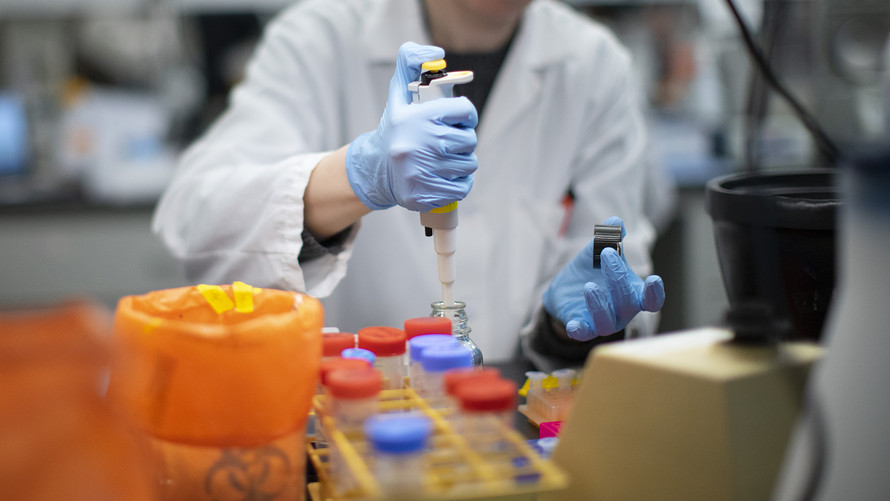Shomporko Desk:- A Vancouver-based biotechnology company could play a key role in getting some of the first COVID-19 vaccines to market.
Acuitas Therapeutics is as of now joining forces with three groups, including one backed by drug giant Pfizer and one out of Imperial College London, who have entered Phase I/II clinical vaccine trials.
BioNTech, which has partnered with Pfizer, started its trials back in April, while CureVac and Imperial College started trials a month ago.
Acuitas president Tom Madden says researchers are planning to utilize Messenger RNA to make a resistant reaction that protects against COVID-19.

Acuitas’ role in the vaccines is the creation of a delivery method to get that material into the body.
“We provide microscopic carriers, lipid nanoparticles, that protect the MRNA after its injected and carry it into cells so that it can work,” he said.
“At the moment, lipid nanoparticles are by far the best delivery technology that’s available.”
The technology was actually developed in the 1990s to deliver traditional medications, but Madden said his company has spent the last decade researching how to use them with nucleic acid therapeutics — new classes of drugs based on biological molecules.
The proposed MRNA vaccines still need wider human testing, and to clear regulatory hurdles before they could be generally distributed.
But Madden said his company is already working with its partners about how to scale up lipid nanoparticle production should they get the green light.
“What are some of the pitfalls we have to overcome? What are some of the challenges we have to overcome so we could make literally hundreds of millions of doses of the vaccine if it becomes approved for use in the general population?” he said.
Last week, U.S. National Institute of Allergy and Infectious Diseases director Dr. Anthony Fauci said he remains cautiously optimistic there will be a COVID-19 vaccine by the end of the year or early 2021.
However, other researchers have warned that getting a product to market within two years would be a “best-case scenario.”
Photo credit: Getty Images
News source: Global News











